• Adenovirus Service • AAV Service • Lentivirus Service • Retrovirus Service



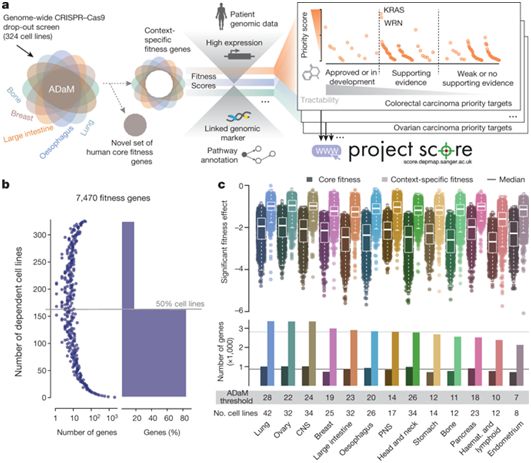
Recently, researchers from the University of Cambridge's Welkom Foundation's Sanger Institute and Open Targets have used the CRISPR/Cas9 technology to destroy more than 300 cancer types from 30 cancer types. Each gene in a cancer model finds thousands of key genes necessary for cancer to survive. The researchers then developed a new system to prioritize the 600 most promising drug targets for developing treatments. These results accelerate the development of targeted therapies and bring scientists closer to building a Cancer Dependency Map (a detailed manual on precise cancer treatment rules) designed to help more patients receive effective treatment. The relevant research results were published online in the journal of Nature.

Both episode checkpoint inhibitors and adoptive cell therapy are novel immunotherapies that have the potential to treat solid tumors such as HBV-associated hepatocellular carcinoma (HCC), however, they all have their own drawbacks.

CRISPR gene editing technology is a revolutionary approach to treating hereditary diseases. However, this tool has not been used to effectively treat long-term chronic diseases. A research team led by Dr. Dongsheng Duan of the University of Missouri School of Medicine has identified and overcomes the barriers to editing CRISPR genes, which may provide the basis for continuous treatment using this technology.

Recently, the top academic journal Nature has published a major study related to CAR-T treatment, a research team led by Professor Car June, the professionals in cancer Immunotherapy and the pioneer of CAR-T therapy unexpectedly discovered a genetic mutation that could overturn traditional CAR-T treatment and is expected to cure patients with leukemia who are hopelessly treated.

Cancer is a chronic disease in which leads millions of people to die every year from worldwide. According to the World Health Organization (WHO), there are about 18 million people diagnosed with cancer worldwide in 2018, and more than 9 million people will die of cancer. By 2030, the number of newly confirmed cases will exceed 23 million each year. The most common types of cancer include lung cancer, breast cancer and colorectal cancer.
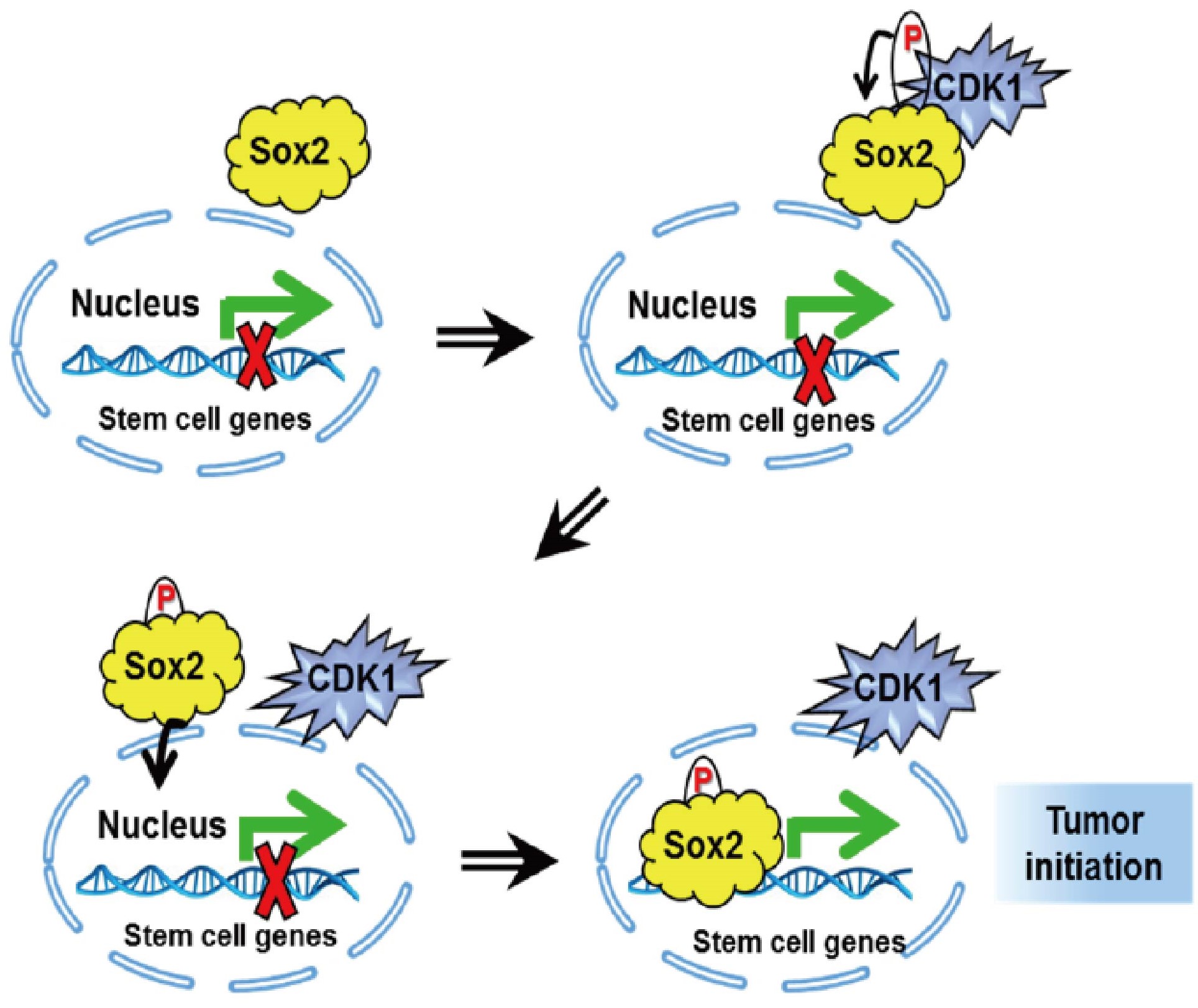
CDK1 is a normal protein that drives cells through the replication cycle, while MHC class 1 molecules are also normal molecules that present a small amount of protein on the cell surface for immune system examination. Recently, a study published in the international journal Cancer Research, scientists from the University of Colorado Cancer Center found that a group of cancer cells labeled with MHC class 1 molecule and high levels of CDK1 are extremely unusual. In fact, high levels of MHC class 1 molecule and CDK1 are usually the keys to certain diseases, such as melanoma, pancreatic cancer and colon cancer, and these cells may be the cancer stem cells that scientists have sought for a long time, once the cancer patient's treatment is finished, these cells become resistant to chemotherapy and re-sown the seeds of the cancer.
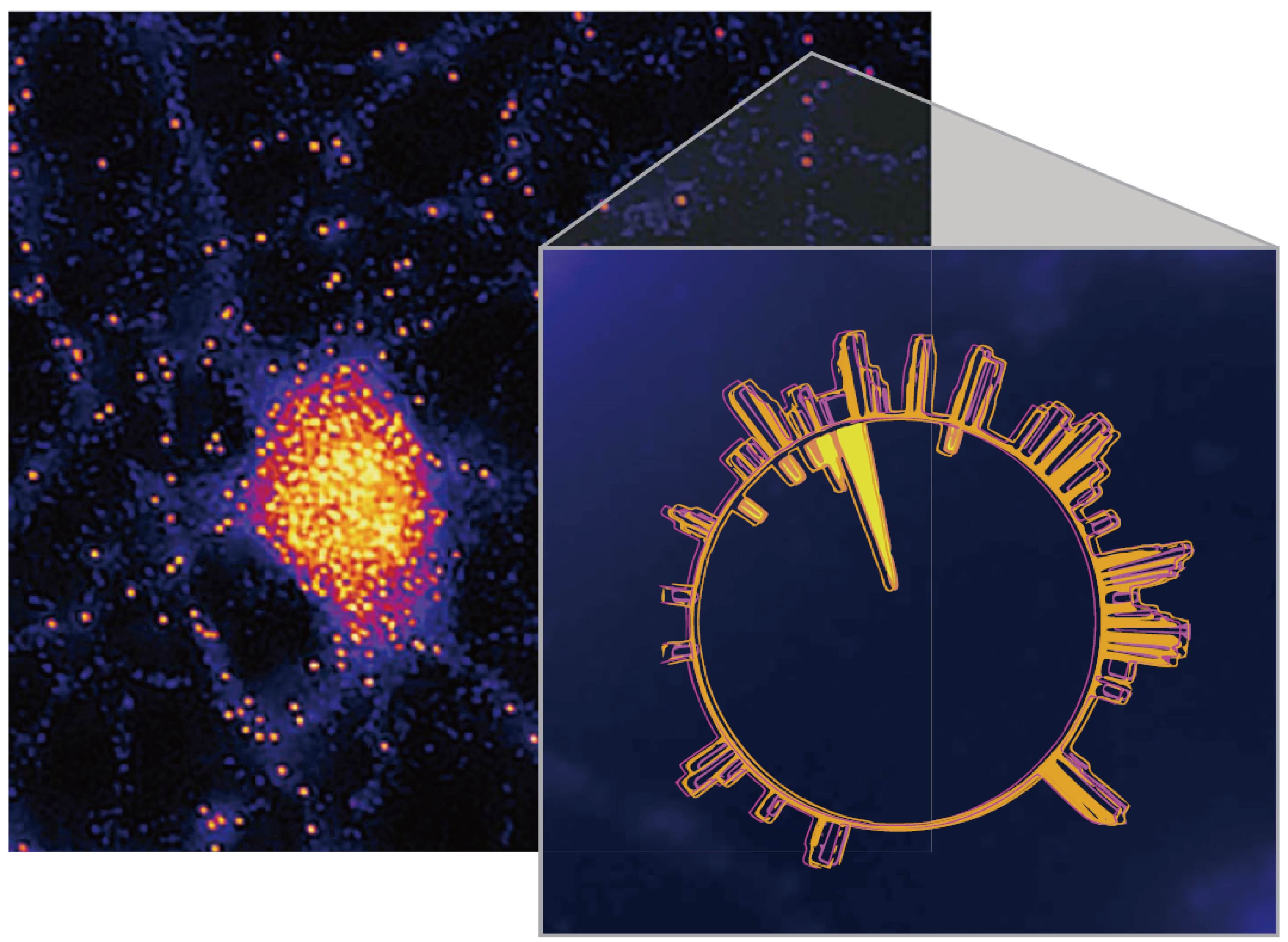
In the last post, we have introduced some of the research achievements in the RNA molecular biology research, here are another achievements that are related to RNA molecular research as well:
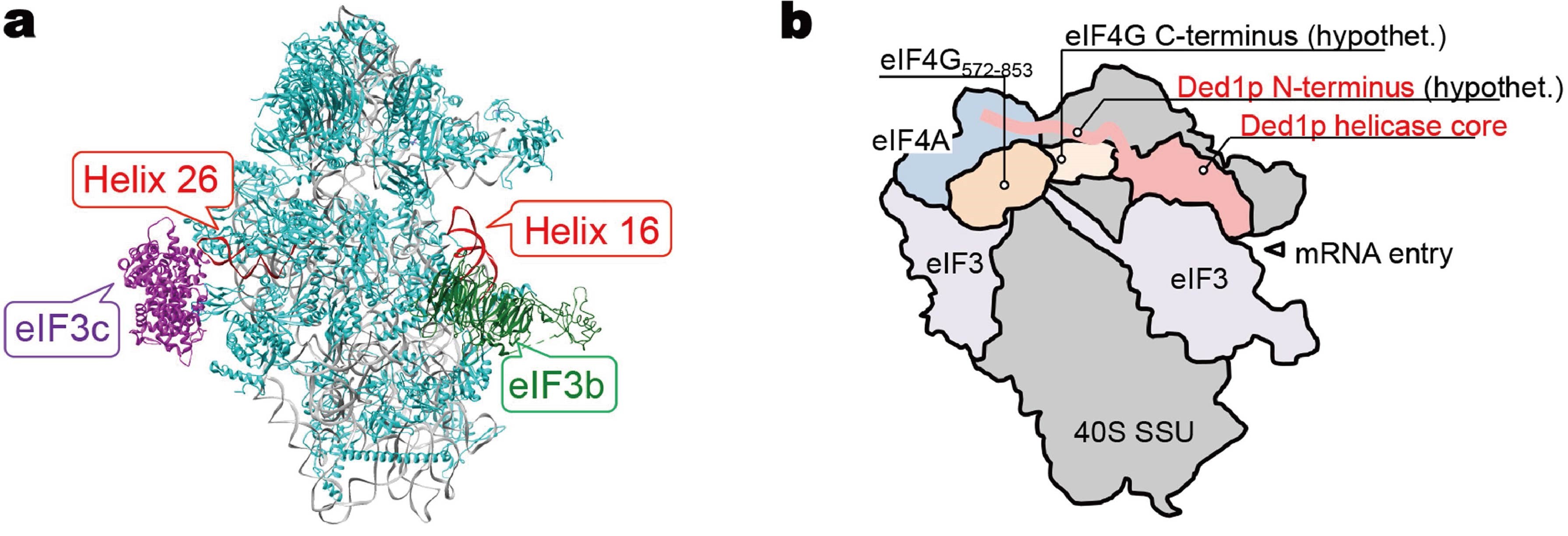
The Lasker Award, which is regarded as the ‘Wind Vane’ of the Nobel Prize. Professor Joan Argetsinger Steitz from Yale University won the 2018 Lasker Award for his 40 years of leadership in the field of bio-medicine, especially in the field of RNA biology. In this post, we will summarize the recent achievements in the field of RNA molecular biology research.
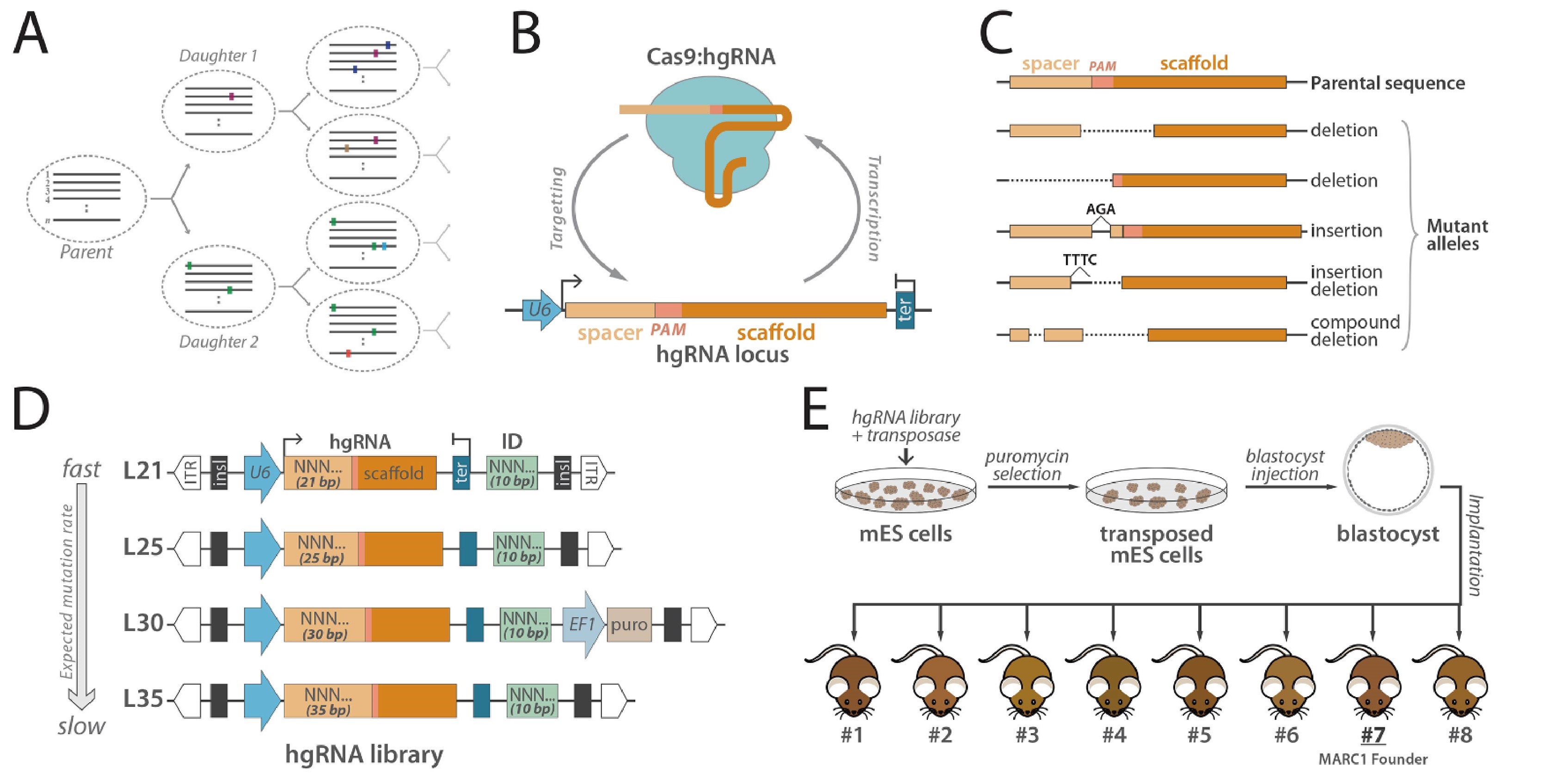
Life comes from a single cell (that is oosphere[oosperm]) that repeatedly divides to produce two cells, then four cells, then eight cells, up to about 26 billion cells that make up the newborn. A major challenge in developmental biology is to track how and when these 26 billion cells are produced from a fertilized egg. Until now, there are only snapshots for this developmental process being captured and analyzed in this field.

Tumor-microenvironment interactions play an important role in tumor progression, metastasis, and therapeutic resistance, and there is increasing evidence that tumor cell-derived exosomes can systematically regulate or reprogram tumor microenvironments through transferring molecules such as microRNAs, mRNAs, and proteins. PD-L1 is a classical immunological surface protein that inhibits the anti-tumor function of T cells by binding to receptor programmed cell death-1 (PD-1) and effectively protects tumors from immune surveillance. Exosomes are reported to contain certain types of proteins, including membrane proteins that promote cancer metastasis, such as EGFR and MET. As a membrane-bound protein, whether PD-L1 is present in cancer-derived exosomes, or playing a role in tumor progression remains unknown.